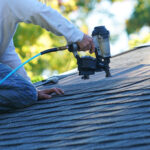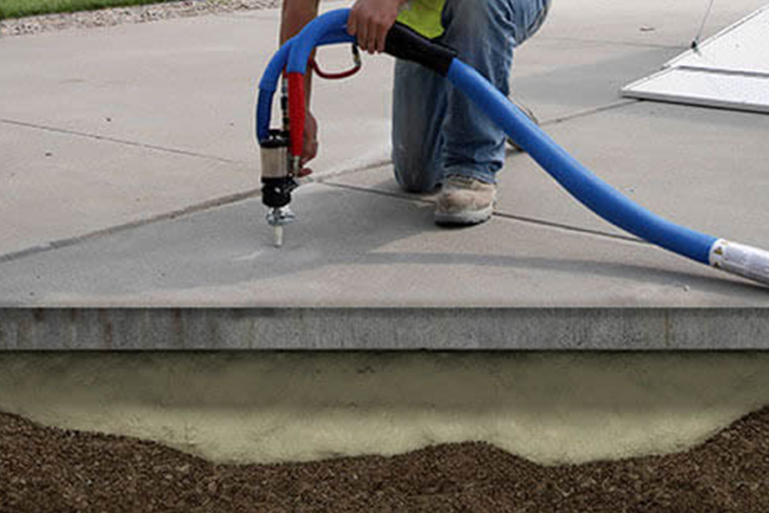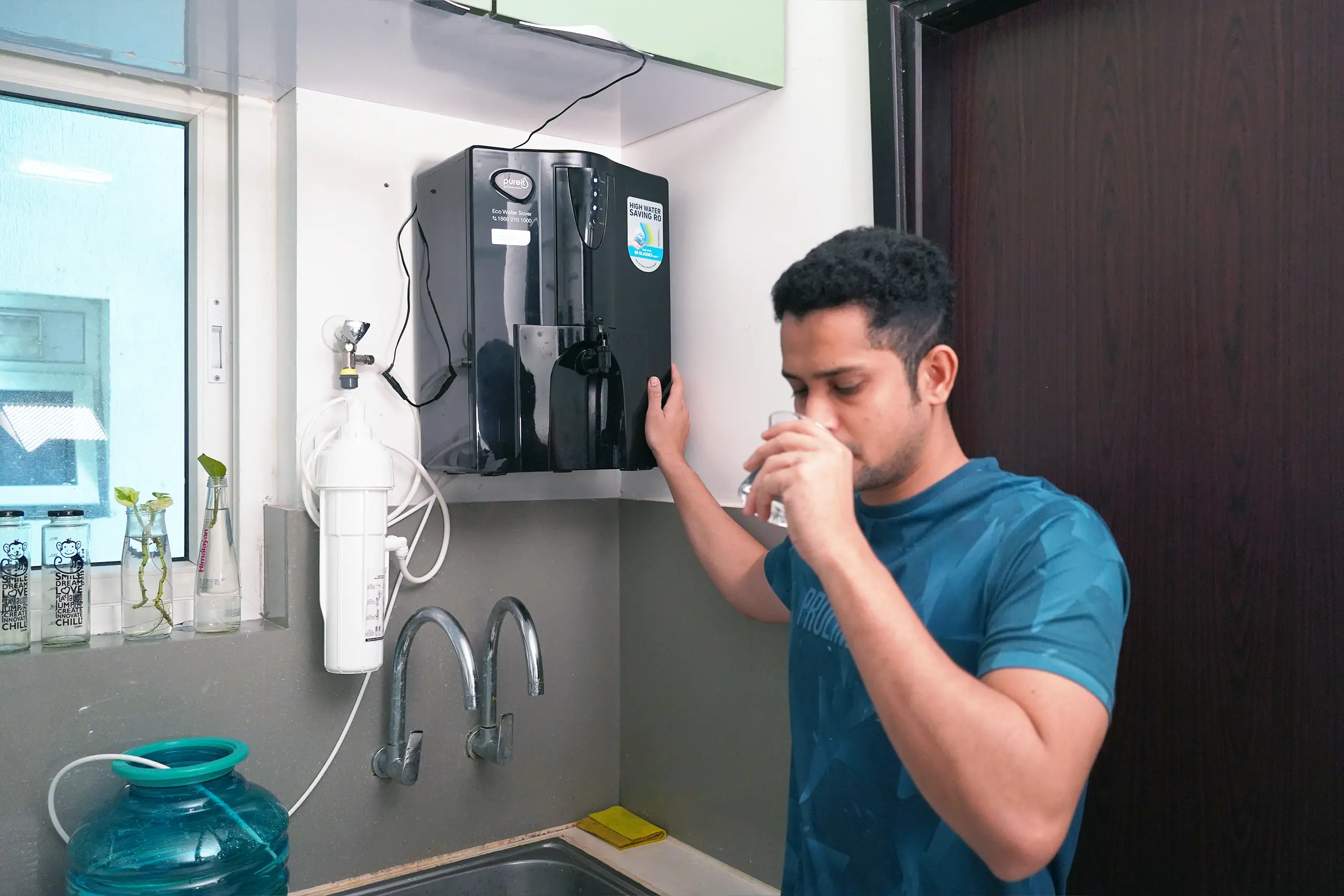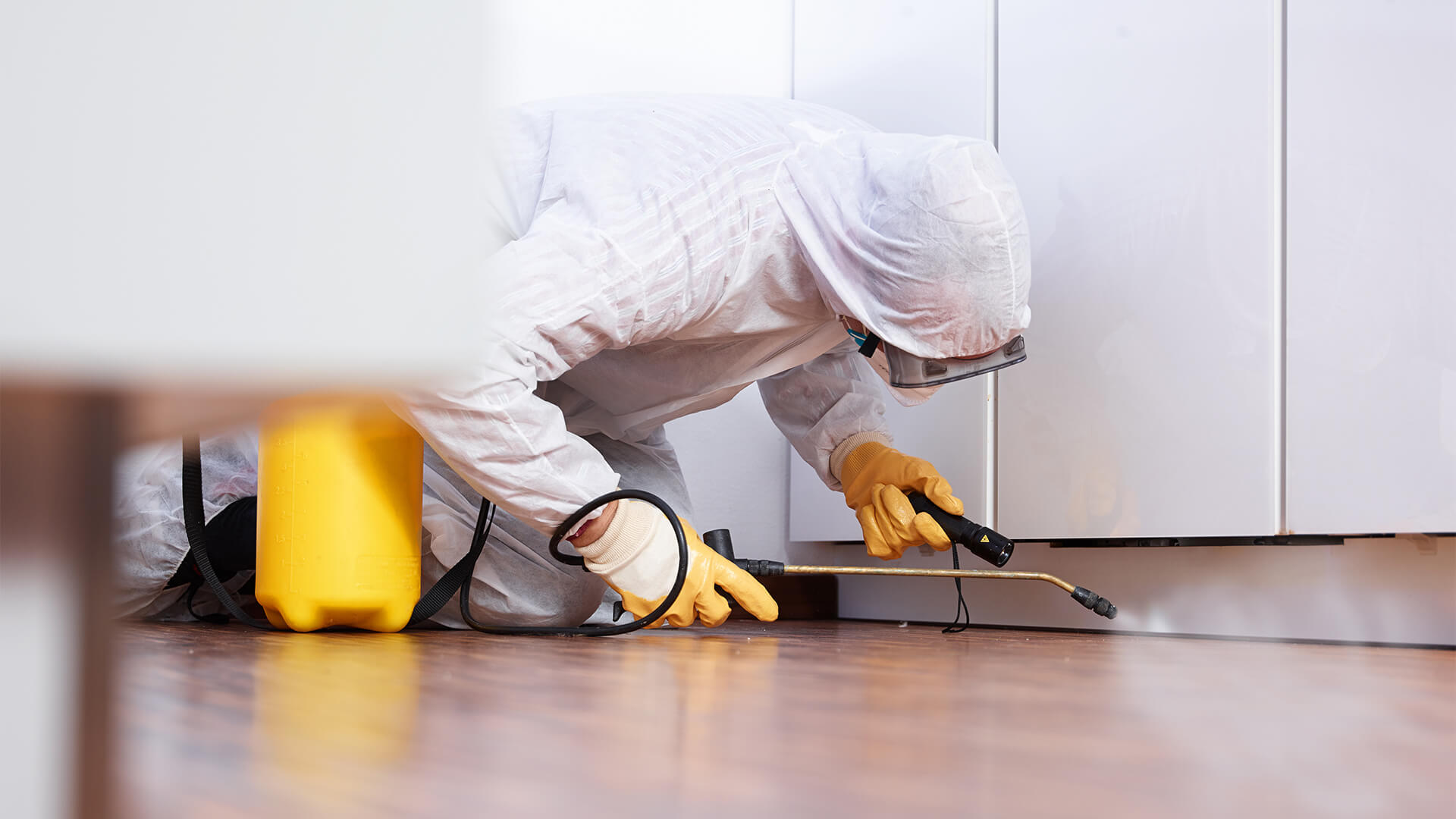Concrete leveling, also known as mudjacking or slabjacking, is a process used to raise sunken or uneven concrete surfaces back to their original position. Whether it’s a driveway, patio, or sidewalk, uneven concrete not only looks unsightly but can also pose safety hazards. Many homeowners wonder if they can tackle concrete leveling as a DIY project to save costs and take control of the repair process. Let’s explore the considerations involved in answering the question, “Can I do concrete leveling myself?”
Understanding Concrete Leveling
Before diving into whether it’s a feasible DIY project, it’s essential to understand the basics of Concrete lifting leveling:
- Causes of Settlement: Concrete settles over time due to various factors such as soil erosion, poor compaction during initial installation, or underground water movement. This settling leads to uneven surfaces that need correction.
- Process of Concrete Leveling: Traditionally, concrete leveling involves drilling holes into the sunken concrete slab and injecting a slurry (typically a mixture of water, soil, sand, and cement) underneath. This fills voids and raises the slab to its original position.
- Professional Expertise: Experienced contractors often handle concrete leveling due to the technical skills required, including assessing the extent of the settlement, ensuring proper mixture ratios, and managing equipment like grout pumps.
Factors to Consider for DIY Concrete Leveling
While it might be tempting to embark on a DIY concrete leveling project, several factors need careful consideration:
- Complexity of Equipment: Concrete leveling requires specialized equipment such as grout pumps and drilling machinery. Renting these tools can be costly, and improper use may lead to ineffective results or even damage.
- Skill and Experience: Achieving precise results in concrete leveling demands experience. Understanding the right consistency of the slurry, managing injection pressures, and ensuring even lifting across the slab are skills honed through practice.
- Safety Concerns: Working with heavy equipment and dealing with concrete can pose safety risks. Ensuring proper safety measures and protective gear is essential to prevent accidents.
- Cost Effectiveness: While DIY projects can save on labor costs, the expenses associated with renting equipment, purchasing materials, and potential rework due to mistakes must be factored in. In some cases, hiring a professional may offer more cost-effective long-term solutions.
- Time and Effort: Concrete leveling can be labor-intensive and time-consuming. Assessing whether you have the time and physical capability to complete the project efficiently is crucial.
When to Hire a Professional
Considering the complexities involved, hiring a professional concrete leveling contractor often proves advantageous:
- Expertise and Efficiency: Professionals bring years of experience, ensuring efficient and effective results.
- Quality Assurance: Established contractors offer warranties, ensuring peace of mind regarding the longevity of repairs.
- Safety and Compliance: Adherence to safety standards and regulations is paramount, reducing liability and ensuring a safe working environment.
Conclusion
While DIY projects offer a sense of accomplishment and potential cost savings, concrete leveling involves technical skills and equipment that are typically best handled by professionals. Assessing the scope of work, potential risks, and overall cost-effectiveness will guide whether to tackle concrete leveling yourself or enlist the expertise of a professional. Prioritizing safety, quality, and long-term results will ultimately lead to a successful concrete leveling endeavor.












